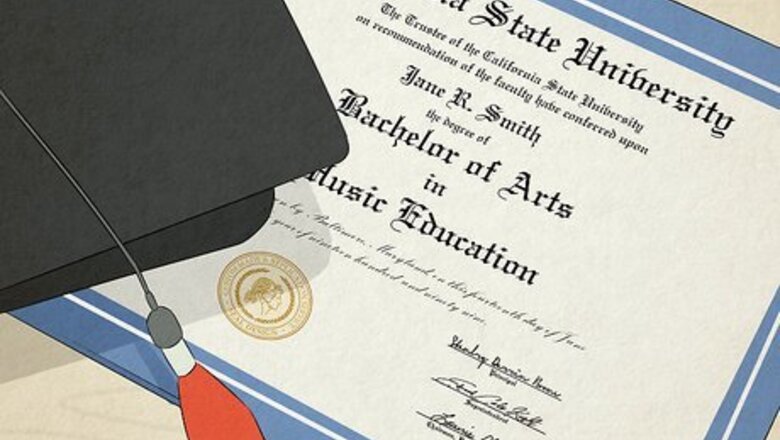
views
What qualifications do you need to be a music teacher?
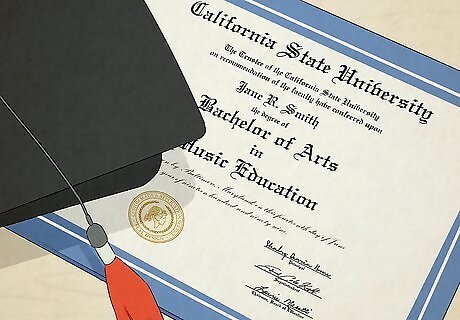
To teach at a public school, you’ll need a bachelor’s degree. Typically, you’ll attend a 4-year accredited university to study music education or a related field. Then, you’ll go through a teacher training program affiliated with your school in order to prepare you for in-class instruction.
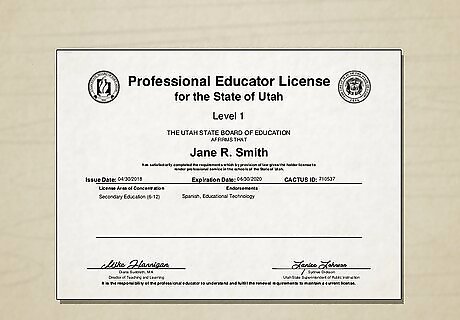
After your bachelor’s, you’ll need to get a state teaching license. While private schools might not require this, all public schools will. To figure out which credential you need, search for your state’s teaching credential commission website. Look for the requirements to get a single-subject certification in music (offered in 39 states). To be eligible for certification, you’ll need at least a bachelor’s degree and sufficient student teaching or observation hours (which vary by state). You may also need to take tests on your proficiency in basic subjects, teaching pedagogy, and music content. Application fees will range from $0-$200 depending on your state.
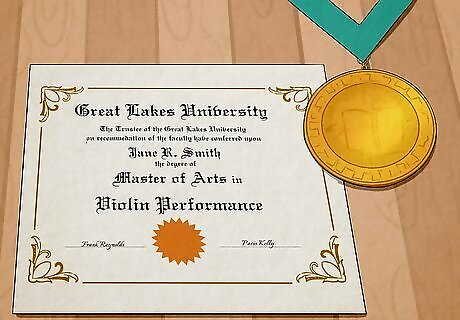
To teach at the collegiate level, you’ll need a graduate degree. For example, you could pursue an M.A. in Violin Performance or a Ph.D. in Composition. Most master’s programs will take 2-3 years if you already have a bachelor’s degree while Ph.D. programs will take 5-6 years.
What should you look for in a degree program?
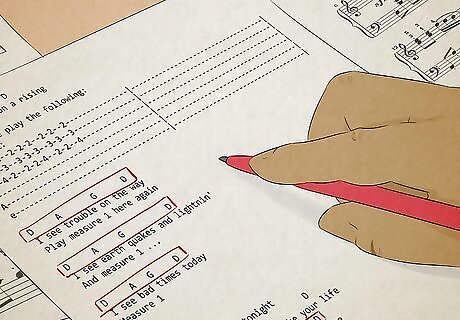
Pick a program with musicianship requirements you can meet. As a music teacher, you’ll have to be skilled at an instrument and learn to be functionally proficient in both keyboard and voice. To attend an accredited university, you’ll have to demonstrate your musicianship through performance and music literacy. Expect to pass tests on your knowledge of music theory, music terminology, and your ability to translate sound into music notation during the admission process and during your studies. Prepare audition pieces based on the repertoire requirements provided by the university.

Search for programs that will give you hands-on experience. Look for colleges that partner with schools to give you opportunities to shadow teachers or gain student teaching experience.
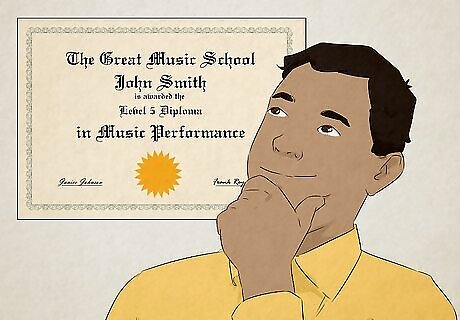
Make sure the school will give you the right kind of certification. Search the school website or ask students, faculty, and admissions officers questions about what the degree will qualify you to teach. What type of music (general, instrumental, choral) will you be certified to teach? Are the certifications transferrable to other states? Will you have to pursue a state teaching license outside of the program or does the school build certification into the curriculum?
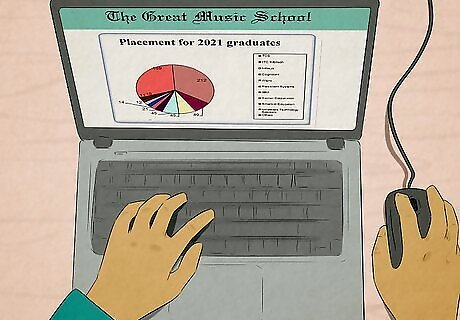
Look for schools with proven success in job placement. Does the school help connect students with employers? How do the musicians and music teaching professionals you know view the school?
What is it like to major in music education?

In 4 years, you’ll study music, pedagogy, and business. In addition to taking lessons on your primary instrument, you’ll likely choose a concentration (strings, choral, etc.), take a deep dive into music theory/history, and learn modern approaches to teaching music. However, because music education is interdisciplinary, you’ll also get to take courses on communication, the ethics of teaching, and maybe even psychology or child-developmental psychology. Your school might require you to attend recitals, participate in ensembles, and perform at a senior recital.
How do you find a job as a music teacher?
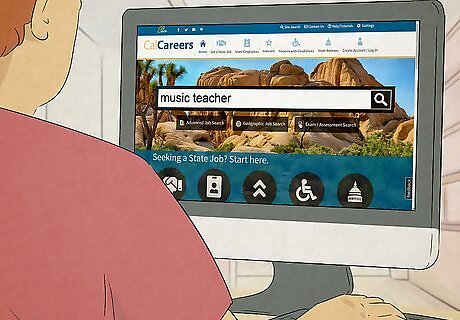
Search teaching job websites as well as district/school job boards. The music teacher market is competitive, so be sure to look outside of your local school districts, because you might not be able to get your first choice of location. In addition to a resume, letters of rec, and a cover letter tailored to the school, create a sample plan for an educational unit and sample lessons to upload or bring to an interview. Create handouts to give to your interviewer on your teaching philosophy and how you would manage a difficult class. Set yourself apart from other candidates by broadening your skillset. In a crowded market, a singer/pianist/composer will be a more attractive candidate than someone who can do only one of those things.
Can you be a music teacher without a degree?

Yes, you can teach private lessons without a university degree. This is a great option if you can’t find a position at a school or if you’d prefer to be your own boss! While private lessons might not provide the same job security as a full-time role, you’ll be able to connect with students one-on-one. Furthermore, instead of working with a set group of students (like middle schoolers), you’ll get the opportunity to work with all different ages and ability levels. If you’re a performer, it can be easier to balance rehearsals and performances with a private teaching schedule.
How do you start teaching private music lessons?
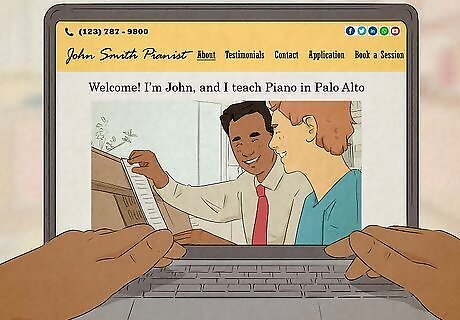
Create a simple website. Include a bio, picture of yourself, page with testimonials, and contact details. Add blogging content to boost your website in the search rankings. You can use the blog space to write about your teaching philosophy or music interests, but just be sure to include keywords like “Los Angeles piano lessons” or “Tallahassee voice lessons.”
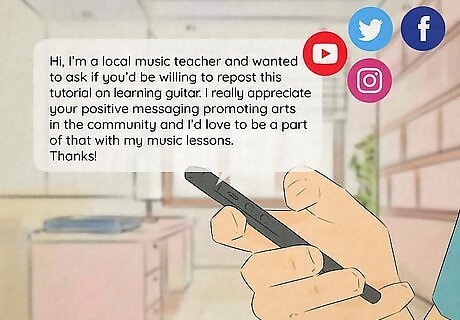
Use social media to target local parents, musicians, and arts programs. Upload short tutorials, FAQs, and pictures of you playing. You can even message local schools, summer camps, and afterschool programs to see if they’re interested in hiring a music teacher or sharing your content. If you’re asking a local page to promote you, be sure to explain why your content is relevant for their audience. “Hi, I’m a local music teacher and wanted to ask if you’d be willing to repost this tutorial on learning guitar. I really appreciate your positive messaging promoting arts in the community and I’d love to be a part of that with my music lessons. Thanks!”
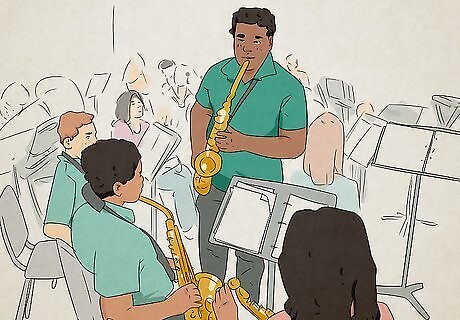
Look into teaching music at a summer camp or after-school program. Even if you start on a volunteer basis, you’ll get more teaching experience and exposure to families who may hire you for private lessons.
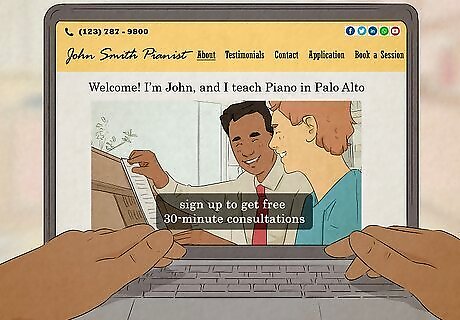
Offer free 30-minute consultations. In a free consultation, you can show off your teaching abilities and let your client know that you’re the right instructor for them. Use the time to give clients an evaluation of their skillset, figure out their goals, describe a plan you have for them to move forward, and tell them how you’d coach them in the right direction. It might be also a good idea to schedule a trial lesson. EXPERT TIP Warren Lee Warren Lee Professional Pianist, Composer, and Music Educator Warren Lee is a Professional Pianist, Composer, and Music Educator based in Hong Kong. Lee is a concert pianist of the Hong Kong Philharmonic Orchestra and is on both the Steinway Artist and Naxos Recording Artist rosters. Lee was elected an Associate of the Royal Academy of Music in 2015. In 2017, he received the Ian Mininberg Distinguished Alumni Award from Yale University. He holds a Bachelor's degree in Music from the Royal Academy of Music and a Master's degree in Music from Yale University. Lee also holds an MBA degree from the Hong Kong University of Science and Technology and an LLM degree in Intellectual Property Law from the University of London. Warren Lee Warren Lee Professional Pianist, Composer, and Music Educator Music teachers foster deep learning by understanding students’ experiences. Connecting personally with students matters most for music teachers. Understanding their experiences makes kids feel "seen" and comfortable to learn deeply — beyond just notes and rhythms. Building trust opens their hearts and abilities.
How do you get certified to teach private music lessons?
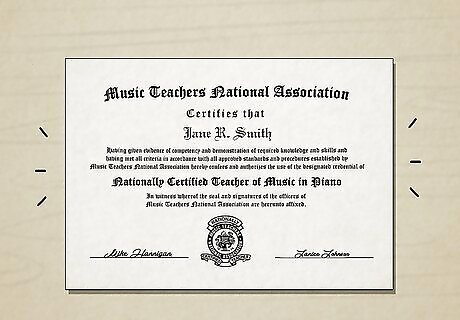
Pursue optional certification through the Music Teachers National Association. If you’re struggling to get clients, extra certification can vouch for your teaching and technical skills. Furthermore, by getting MTNA certified, you can put your name into the MTNA database to help clients find you. Submit an application to the MTNA describing your teaching philosophy, teaching environment, business, and ethical policies. You’ll also submit theoretical analysis of 4 given pieces and submit video recordings of 3 teaching sessions with the same student. MTNA certification costs $200 for people who are not students and $100 for college students.











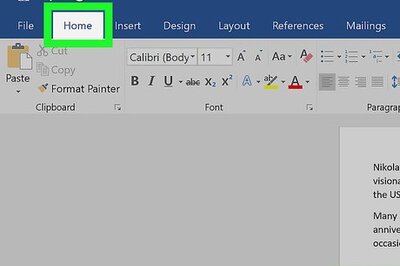








Comments
0 comment